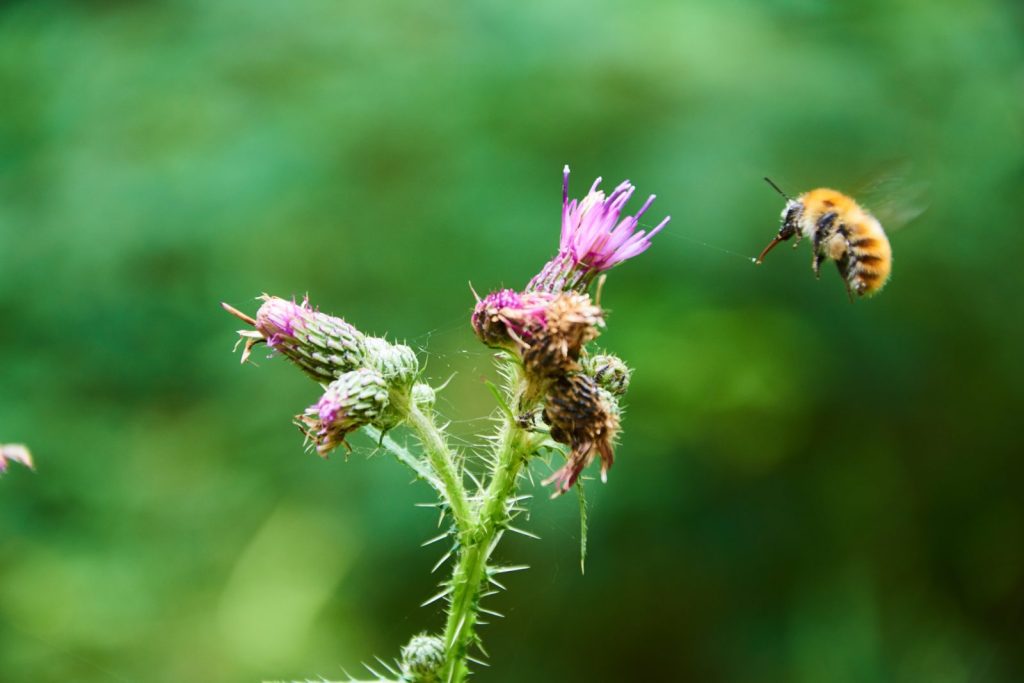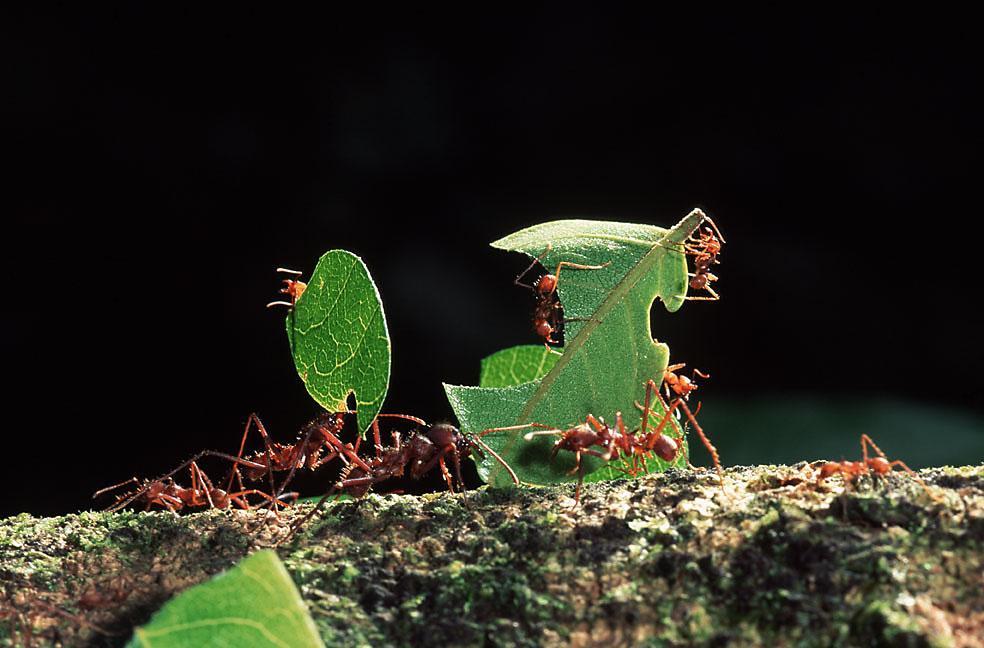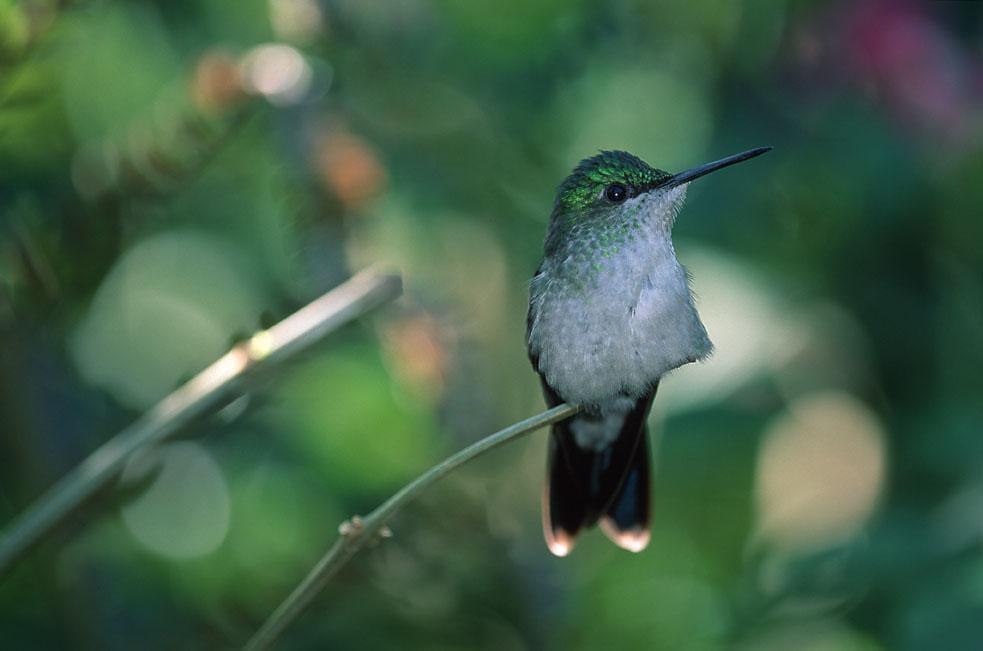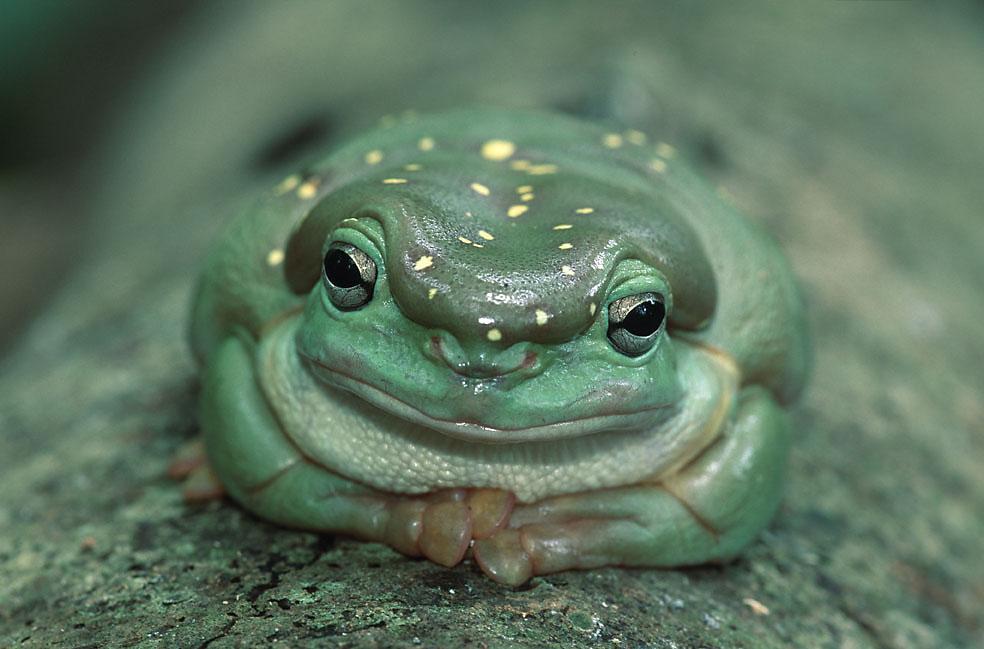Small but vital: Rainforest insect populations
Humanity has wiped out 60% of mammals, birds, fish and reptiles since 1970. But this terrifying statistic ignores the invertebrates. This army of insects makes up over two-thirds of terrestrial species and supports every living thing.
Insects are not just declining, they’re being decimated.
More than 40% of insect species are declining and a third are endangered. According to new research, the rate of extinction is eight times faster than that of mammals, birds and reptiles. The total mass of insects is falling by a precipitous 2.5% a year, according to the best data available, suggesting they could vanish within a century.
The biggest threats are from habitat loss, chemicals and climate change. Invertebrates are particularly sensitive to climate change-related variations. They’re unable to regulate their temperatures or migrate to alternative habitats, and they are vulnerable to invasive species. New research has shown that heatwaves can damage the reproductivity of male insects, making them almost sterile.




Insect populations are collapsing as we create an increasingly inhospitable world through deforestation, changing land use and liberal pesticide usage. Humans tend to choose which species to prioritise and save based on usefulness, beauty and visibility. This leaves the ugly bugs, the tiny worms, and the seemingly irritating flies to be lost without trace.
Yet they are the ones that can have the biggest impacts on society and food webs.
The Congo Basin is Earth’s second largest rainforest, over 26% of the planets rainforest cover. WIth an area covering over 100 million hectares, the Democratic Republic of Congo has the greatest extent of this forest in Africa. The Eastern forests of the country are a haven for wildlife and amazingly diverse. But the numbers of stick insects, fairy flies and weaver ants are dwarfed in number by the 370,000 known different species of beetle in the Congo Basin.


Insects play a vital role in the health of all tropical rainforests, whether it’s the Congo Basin or the Peruvian Amazon. A food source for higher animals, they are also agents of soil fertility and key in recycling organic material. They are also key pollinators of over 11,000 species of tropical plants, 30% of which are endemic to the region. Many plant species can only be pollinated by one or two species of insects. If a wide variety of insects are eliminated, this will result in the decline and extinction of the dependent plant species.
When insects go, so does everything else. Ecological breakdown is a global emergency, and we must respond accordingly, by protecting rainforest. Nature is not ‘nice to have’ – it’s our life support system. We need to treat it as so, big and small, unforgettable or ugly.


October’s IPCC Emissions Report demanded urgent action to mitigate the disastrous effects of climate change on biodiversity and the rainforest itself.
Ecological breakdown is a global emergency, and we must respond accordingly. Nature is not ‘nice to have’ – it’s our life support system. We need to treat it as so, big and small, unforgettable or ugly.
Further reading:
The Guardian, 2018
The Guardian, 2018
BBC News, 2018
